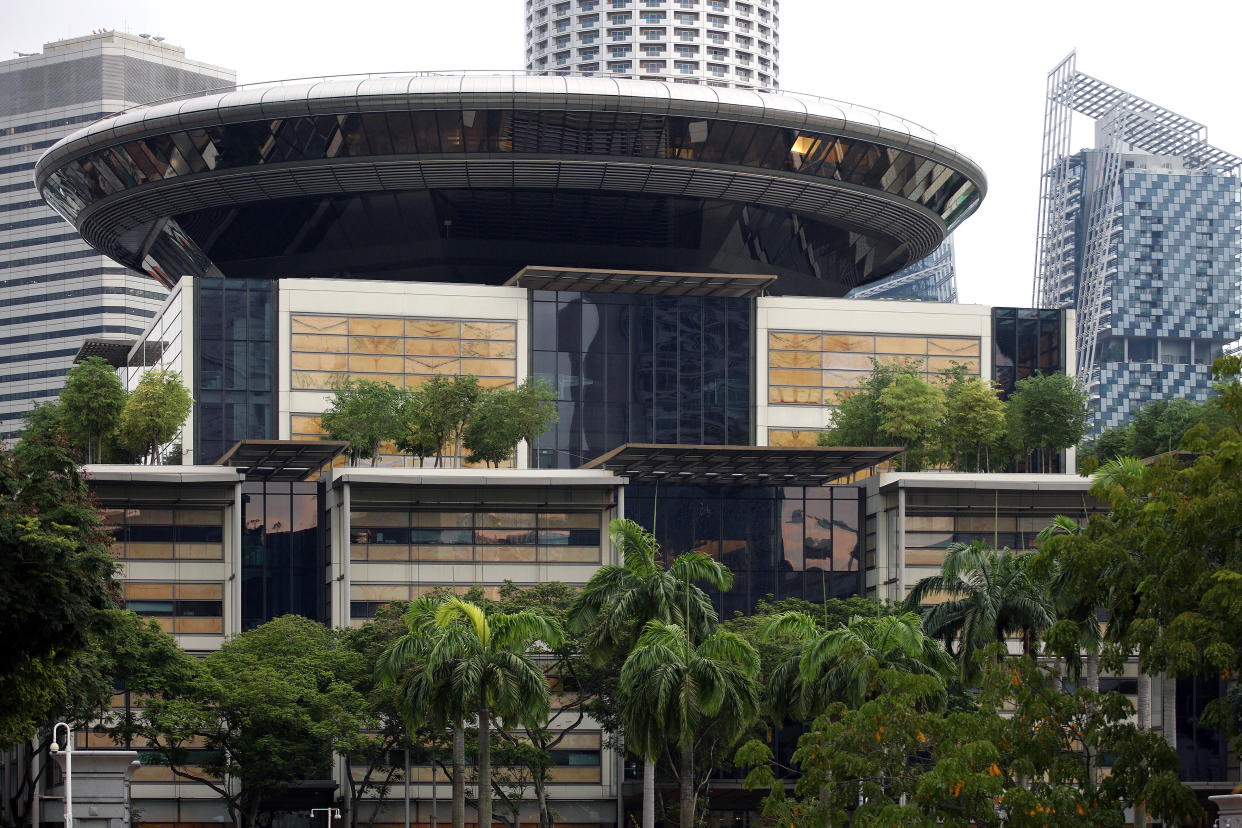Malaysian avoids death penalty in Singapore as apex court clears him of drug charge

A Malaysian man convicted of drug trafficking escaped the gallows after the Court of Appeal ruled in his favour, in a rare 2-1 decision.
Chief Justice Sundaresh Menon and Judge of Appeal Judith Prakash ruled to acquit Gopu Jaya Raman, 32, of the charge, with Judge of Appeal Tay Yong Kwang dissenting. A majority of the apex court found that, on the balance of probabilities, Gopu had succeeded in rebutting the presumption of possession under section 21 of the Misuse of Drugs Act.
In his appeal, Gopu contended that the High Court judge who convicted him had “failed to give due weight to evidence” that showed that he did not know of the presence of the drugs on his vehicle.
Maintained his innocence throughout
On 24 March 2014, Gopu, then 28, had ridden a motorbike into Singapore through Woodlands Checkpoint. He claimed that he had done so to visit his girlfriend and another friend in order to celebrate his birthday.
At the checkpoint, customs officers found three bundles containing 46 grams of the prohibited drug diamorphine in three bundles concealed in a space enclosed by the motorbike’s fenders. Gopu denied ownership of the bundles and the motorbike, insisting that the drugs had been planted without his knowledge.
Gopu also claimed that before reaching the Causeway, he had stopped to refuel his bike and also checked it in the process, but found no drugs.
He continued to maintain his innocence while being questioned by Central Narcotics Bureau (CNB) officers, even while admitting that he had carried out drug deliveries on two previous occasions.
On those occasions, Gopu claimed that he was in debt to the tune of RM4,000 (S$1,346) to the man who had gotten him the motorbike. The man allegedly threatened to harm Gopu’s family if he did not deliver the drugs.
CNB officers then instructed Gopu to contact his two associates in hopes of nabbing them, too. However, the operation was called off when no one turned up at the arranged meeting.
Reasons for the judgment
In explaining its decision to acquit Gopu, the majority of the apex court explained that it had done so on the basis of the totality of the evidence and the absence of any objective evidence linking Gopu to the drugs.
For example, during the CNB’s follow-up operation, officers observed that Gopu asked one of his associates why he had put the drugs in the motorbike without informing him, which the associate did not deny. “It subsequently emerged that, regrettably, no audio recordings of the conversations were made in the course of the follow-up operation,” noted the judges.
The judges added that there was “no basis” to conclude that there was a prior arrangement among Gopu and his two associates to deliver the drugs in 2014.
Related stories:
Fewer immigration offences in 2017, but more cases of contraband smuggling and sham marriages
Chinese man accused of trafficking drugs hidden in an orange
After counter row with Singaporeans, Johor Immigration tells visitors to behave



